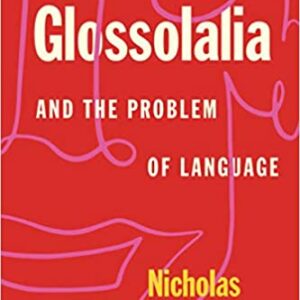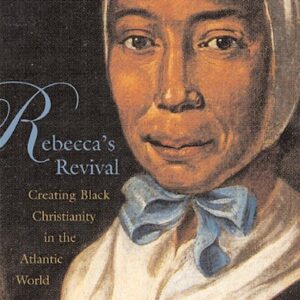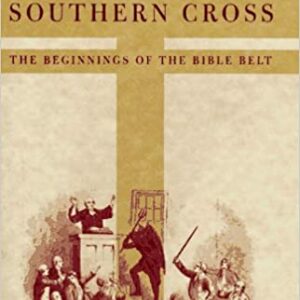
Glossolalia and the Problem of Language
By Nicholas Harkness (NHC Fellow, 2016–17)

By Nicholas Harkness (NHC Fellow, 2016–17)

By Jon F. Sensbach (NHC Fellow, 2001–02) Rebecca’s Revival is the remarkable story of a Caribbean woman—a slave turned evangelist—who helped inspire the rise of black Christianity in the Atlantic world. All but unknown today, Rebecca Protten left an enduring influence on African-American religion and society. Born in 1718, Protten had a childhood conversion experience, gained … Continued

By Christine Leigh Heyrman (NHC Fellow, 1985–86) In an astonishing history, a work of strikingly original research and interpretation, Heyrman shows how the evangelical Protestants of the late-18th century affronted the Southern Baptist majority of the day, not only by their opposition to slaveholding, war, and class privilege, but also by their espousal of the … Continued
The cause of immediate emancipation, as the abolitionists came to define it, had a different germ of inspiration from those Enlightenment ideals that Jefferson had articulated: the rise of a fervent religious reawakening just as the new Republic was being created. That impulse sprang from two main sources: the theology and practice of Quakerism and … Continued
During the last half century, a growing number of colonial historians have been drawn to studying child rearing practices and gender roles in different Protestant cultures. While their interpretations vary widely, all of these scholars underscore the importance of religious belief in shaping early Americans’ most intimate relationships, those between parents and children, husbands and … Continued
Americans have long evinced a fascination with the end of time and the role that they would play in such an apocalypse. More often, apocalyptic ideas have issued in the expectation that human history might screech to a halt at any moment and dissolve into some kind of apocalyptic judgment. Protestant Christians have been especially … Continued
At the end of the 1980s, it was commonly assumed that the Christian Right consisted entirely of evangelical Protestants. More precisely, the Christian Right drew support from politically conservative Catholics, Jews, Mormons, and occasionally secularists. At the same time, many evangelical Protestants showed little interest in the Christian Right’s political goals. It may be helpful, … Continued
Nineteenth century America contained a bewildering array of Protestant sects and denominations, with different doctrines, practices, and organizational forms. But by the 1830s almost all of these bodies had a deep evangelical emphasis in common. Protestantism has always contained an important evangelical strain, but it was in the nineteenth century that a particular style of … Continued
Evangelicalism needs to be understood not only as a religious movement, but also as a social movement. As such, it was an integral part of a broader organizational revolution that transformed nineteenth-century American society. For the most part, eighteenth-century Americans lived their lives within hierarchically ordered institutions. They were oriented primarily to place, and they … Continued
Looking back on American independence, John Adams wrote that the Revolution involved a radical change in religious sentiments before it eroded old political loyalties. That prior change came in the First Great Awakening, energized by the preaching of the Reverend George Whitefield. He sparked an evangelical movement that swept through the colonies between the 1730s … Continued